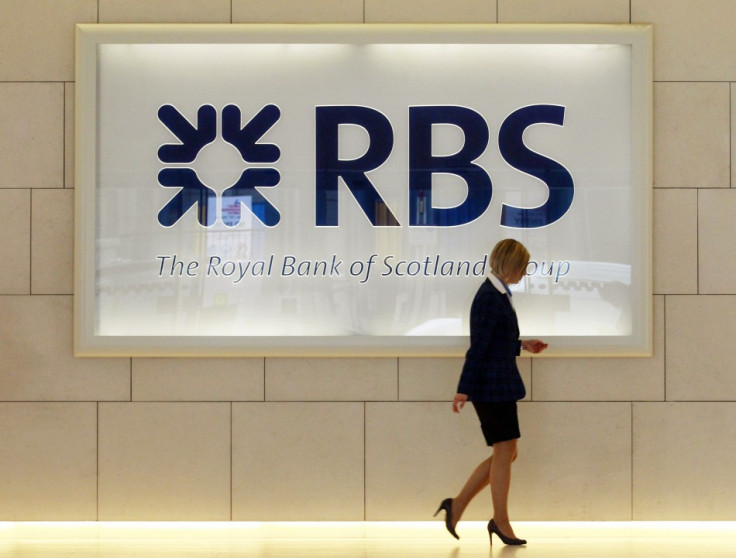Libor Rate Fixing Scandal: Sacked RBS Trader Claims Chiefs Conspired in Market Manipulation

Royal Bank of Scotland (RBS) senior staff conspired to fix the key interest rate, the London Interbank Offered Rate (LIBOR) between at least 2007 to 2011, says a former head trader in a court filing that echoes the record fine the Financial Services Authority (FSA) slapped onto Barclays for manipulating Libor rates this week.
In the court papers filed in New York and with the Singapore High Court, Tan Chi Min, the former head of delta trading for RBS's global banking and markets division in Singapore, alleged that managers condoned its staff to set the Libor rate artificially high or low to maximise profits.
Tan was sacked for gross misconduct from RBS in November 2011 because, he claims, he was made a "scapegoat" for malpractice condoned by managers.
He is currently suing for wrongful dismissal and within the claim, he names five staff members that he alleges, made requests for the Libor rate to be altered and subsequently, three senior managers knew the situation while the practice 'was known to other members of [RBS]'s senior management'.
The filings implicate RBS into allegedly joining Barclays, Lloyds and HSBC in deliberately distorting financial data used to set interest rates on millions of loans and other transactions.
Tan added that hedge fund managers Brevan Howard were also involved with the Libor fixing scandal and he had received the request in 2007 from the group to fix rates.
"Brevan Howard telephoned on 20 Aug 2007 to ask the defendant to change the Libor rate," according to a paper filed with the Singapore High Court and the court filing alleges RBS "received this request without objection".
RBS, which is 83 percent owned by the taxpayer, is set to be fined about £150m for participating in manipulating two of the most important interest rates in the global financial markets that was proven to be engaged in by Barclays, said a report in the Times newspaper.
In the wake of RBS said it is continuing to co-operate with regulators on the ongoing investigation, as 17 banks and 1 broker are being investigated by regulators over rigging rates claims.
RBS declined to comment on the case and reports when IBTimes UK contacted the bank.
Fixing Libor and Euribor
Libor and Euribor valuations directly influence the value of trillions of dollars of financial deals between banks and other institutions.
The benchmark reference rates are used in euro, US dollar and British sterling over-the-counter (OTC) interest rate derivatives contracts and exchange traded interest rate contracts.
According to FSA data, the notional amount outstanding of OTC interest rate derivatives contracts in the first half of 2011 has been estimated at $554tn.
The total value of volume of short term interest rate contracts traded on LIFFE in London in 2011 was €477tn, including over €241tn relating to the three month Euribor futures contract, which is actually the fourth largest interest rate futures contract by volume in the world.
Libor is published on behalf of the British Bankers' Association (BBA) and Euribor is published on behalf of the European Banking Federation (EBF).
Until February 2011 the US dollar Libor panel consisted of 16 banks and the rate calculation for each maturity excluded the highest four and lowest four submissions.
An average of the remaining eight submissions was taken to produce the final published Libor.
At each bank, "submitters" file their daily Libor rates to the BBA.
At Noon, the BBA then publishes the rate, based on averages from submissions made by a number of banks selected by the BBA or EBF.
© Copyright IBTimes 2025. All rights reserved.






















